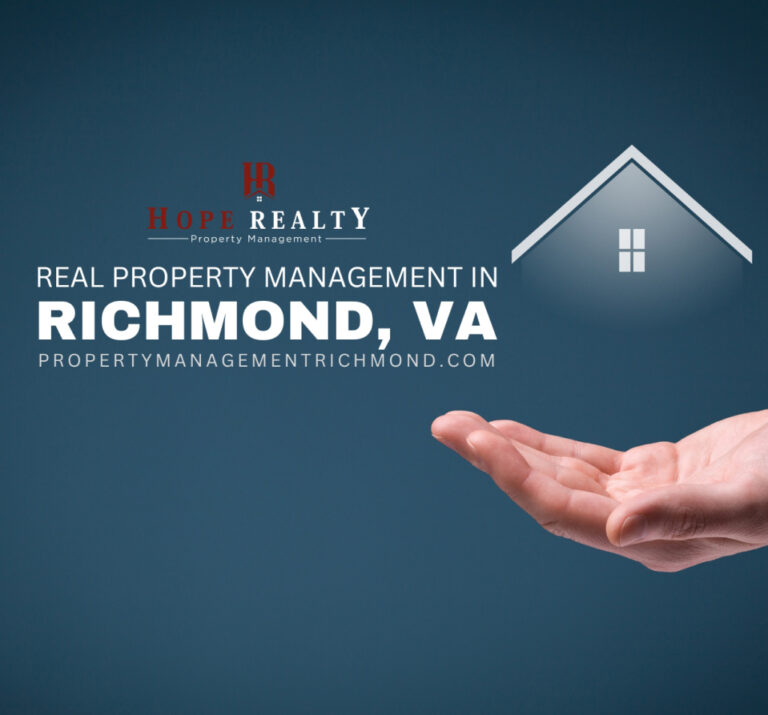You should budget between 8% and 12% of the property’s monthly rental value, plus expenditures, for a typical residential property management fee.
Some property management businesses may provide a fixed monthly cost per unit in addition to the standard percentage of rent collected each month. Whether or not this is a fair bargain depends on several criteria, including the rental value of your home and the nature of the services provided.

